Nearly half the world’s population lives on less than $5 a day – barely enough to meet most basic needs. The number is expected to rise as a result of the COVID-19 pandemic and global recession, coupled with the pressures of conflict and climate change. These impacts are compounded for the millions of refugees living in low- and middle-income countries. Over 70 million people are currently forcibly displaced worldwide, making the refugee crisis one of the defining social crises of our time. These individuals lack access to services and tools designed specifically to help them achieve stability and rebuild their livelihoods.
With a deep understanding of the particular needs faced by displaced populations based on our firsthand research, we’ve worked with partners to better map their financial journeys, consider business cases for digital financial services designed specifically for these groups, worked with innovators to design and develop those solutions and more. We consider tools designed to improve their financial health, build resilience in the face of the impact of climate change and provide opportunities for entrepreneurs to build their own livelihoods.
This baseline report provides insights into the livelihoods of refugees since they settled in Uganda and the financial strategies they have employed over time to rebuild their livelihoods and manage their finances.
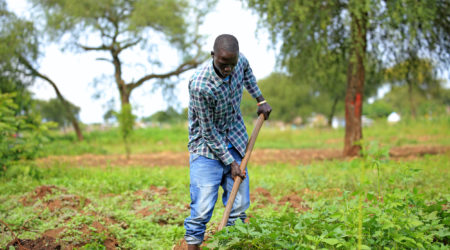
Research tracking the income, spending habits, and livelihoods of refugees in Uganda.
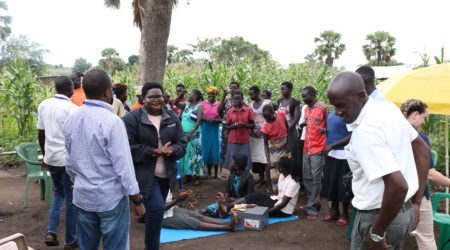
This is part two of an ongoing series of insights from a financial diaries study undertaken with refugees in...
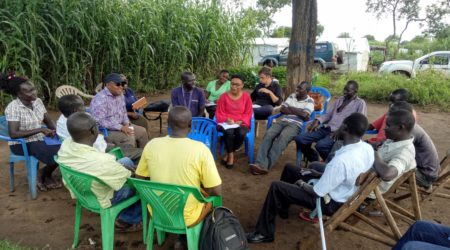
Financial services are an important avenue for refugees to save money, access loans, and manage life shocks. However, many...
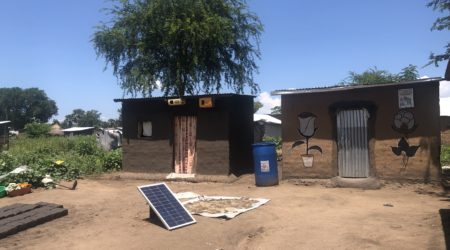
Observations by BFA Global based on initial field research Access to financial services and a steady source of income...
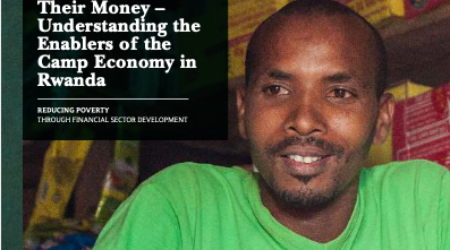
In Rwanda, financial inclusion allows low-income households to build assets, mitigate shocks and make productive investments. It also stimulates...
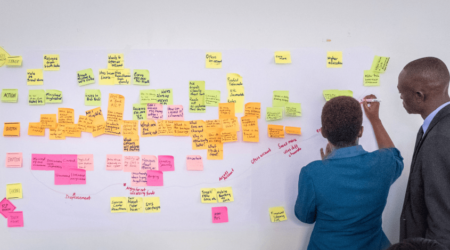
In April 2018, BFA Global facilitated a series of workshops for six banks – Diamond Trust Bank, Equity Bank, FINCA, Opportunity International, Post Bank, Ugafode –...
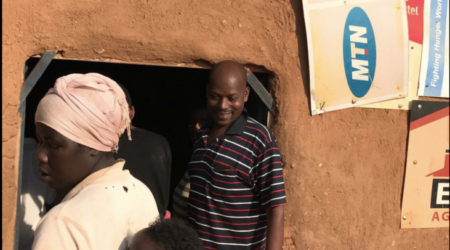
BFA Global supported by FSDA carried out a macro and microanalysis to build a better understanding of the financial...
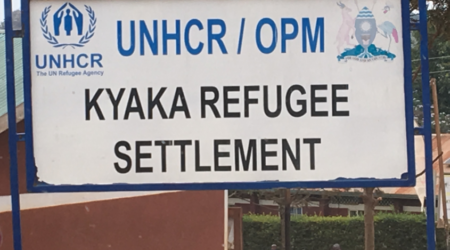
On Friday 8th December, FSD Uganda held a roundtable event in Kampala to provide a platform for stakeholders to discuss Financial Inclusion...